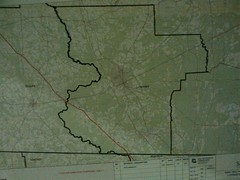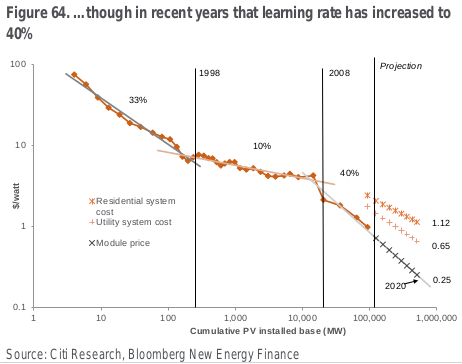Filed with FERC 2 December 2013:
James & Tracy Ryder, Tallahassee, FL.
Sirs:
We have been contacted by Sabal Trail Transmission, LLC regarding their proposed natural gas pipeline. In their contacts with us, they requested permission to survey our property in reference to one of
the proposed corridors since we are already encumbered with the SONAT pipeline that run through the middle of our property. We were told that we should sign the consent because they would use eminent domain to access our property against our will if need be. In a public meeting we were told they were putting in a 24″ line that would provide gas to mid and south Florida. We have later learned that they are intending to put in a 36″ line that would not serve Florida, but would provide for exports from Florida. Sabal Trail has not been providing accurate, or clear information to the public regarding these pipeline endeavors. When we asked about alternate corridors, we were told they would not consider the alternate corridor that was originally proposed due to the fact that there were many people impacted.
Seriously, Brooks County may be the home to many a farmer and lower income folks, but I assure they are people and don’t deserve to be exploited for the potential gains in revenue and exportation of our limited natural resources. Continue reading Farmer and lower income folks are people –James & Tracy Ryder to FERC







